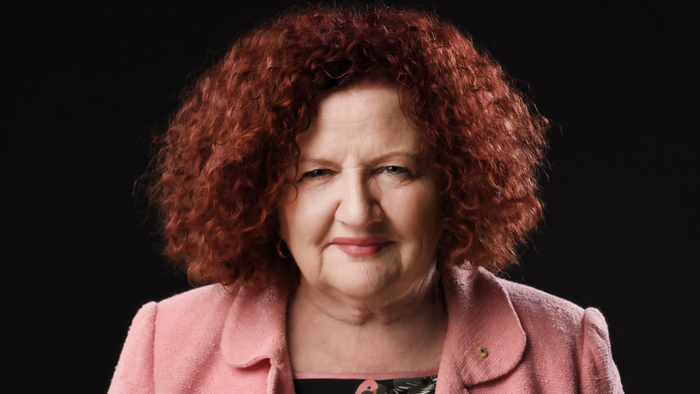Respect and safety at QUT
We acknowledge that there is no place for sexual assault or harassment in universities or the broader community. At QUT we are committed to addressing these issues and working together to empower our students and staff while making QUT a safer space to study and work.
QUT is part of the national Respect.Now.Always campaign to prevent and address sexual harassment and assault. The campaign aims to:
- raise awareness of sexual assault and sexual harassment and lift the visibility of support services for students;
- obtain data to guide further improvement in university policies and services; and
- assist universities in sharing global best practice resources across the sector.
Make a disclosure or complaint -> link to new making a disclosure or complaint page
Australian Human Rights Commission survey
In 2016, QUT students participated in the anonymous and confidential national Australian Human Rights Commission (AHRC) survey about sexual assault and harassment. The results of this survey were released on 1 August 2017 in the profile of QUT respondents (PDF file, 228.8 KB).
Following the survey, AHRC released the Change the Course report, which included nine recommendations. See the recommendations, and how QUT is addressing them.
Prevention
As part of our strategy to raise awareness and prevent instances of sexual harassment and assault within the QUT community we have implemented a series of training opportunities for both students and staff. The modules are used as prevention tool for reducing sexual harassment on and outside of QUT campuses.
Participants are equipped with knowledge of what QUT expects of their behaviour and the behaviour of others, and how they can be empowered bystanders or provide support to survivors of trauma, harassment or assault.
Student training
Staff training
Reporting, disclosures and complaints
If a member of the QUT community has experienced or witnessed sexual harassment, assault or problematic behaviour there is support available.
What is a disclosure?
In this context, disclosure means telling another person about an incident of sexual assault, sexual harassment or discrimination. The incident can be recent, have occurred in the past, or be ongoing.
Disclosure is about support-seeking, and you may not necessarily be seeking investigation or other action by the university. The university will assist you to access support services, take steps to keep you safe on campus, and support you to make an informed choice about further actions you wish to take, if any.
Who can I make a disclosure to?
You can make a disclosure to any QUT staff member, many have been trained to provide advice and support. Our counsellors provide free, confidential support or you can also contact QUT’s Harassment and Discrimination Advisers, who are specifically trained in this area.
What is a complaint?
A complaint is a formal option available to a person seeking access to support, advice about options and assistance to intervene or resolve the matter.
A Harassment and Discrimination Adviser can provide you with information around the formal complaints process.
How do I make a complaint?
Contact QUT Equity Services on 07 3138 5601 and ask to speak to a Harassment and Discrimination Adviser, or email discriminationadviser@qut.edu.au
The complaints process at QUT
QUT has a two stage complaints process: an early resolution process, and an investigative process. Where possible we will try to resolve a situation early, but in some cases due to the serious nature of the allegations we will proceed directly to an investigative process.
Outcomes from the complaint vary from case to case.
What are the rights of a complainant?
A person who makes a complaint has certain rights. These include:-natural justice – to be treated with respect and impartiality at all stages-confidentiality-safety and wellbeing-presence of a support person if wanted-timely resolution-choice of how to proceed (where possible).
What are the rights of the respondent?
A person about whom the complaint is made also has certain rights in the process, including:
- natural justice – to be treated with respect and impartiality at all stages.
- confidentiality
- opportunity to respond to allegations
- procedural fairness
To make a disclosure, complaint, or formally report an incident of sexual harassment or sexual assault contact QUT’s Harassment and Discrimination Advisers on email at discriminationadviser@qut.edu.au
More information about QUT initiatives and where to report or find support can be found on our staff and student sites.
Students:
Staff:
